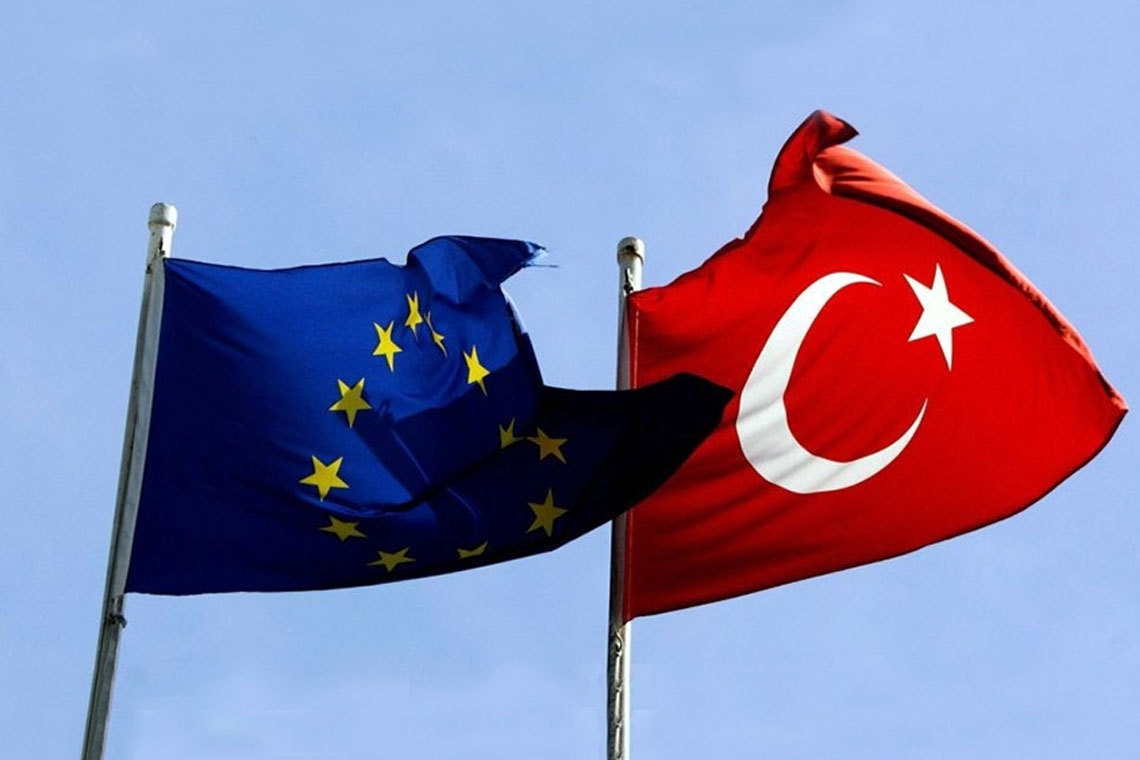ANKARA (July 9, 2024) — International human rights and journalism organizations, including the Media and Law Studies Association (MLSA), have urged the European Commission and the European Parliament to protect journalists' rights and freedom of expression. The joint statement called for measures such as facilitating the Schengen visa process for journalists and providing financial support to media outlets in Turkey during the new EU presidency term.
The full statement is as follows:
"We call on the European Commission and European Parliament to take steps to ensure Turkey reviews its laws and policies that do not comply with international and European standards on freedom of expression, by developing an open, comprehensive, and consistent relationship with Turkish authorities.
The undersigned media freedom, human rights, and journalism organizations urge the European Commission and European Parliament, following the EU elections, to reinforce their commitment to protecting journalists' rights and freedom of expression in their relations with Turkey.
EU-Turkey relations have reached an impasse in recent years due to Turkey's long-standing status as a candidate country. It is essential for EU institutions to revitalize these relations, placing human rights protection at the center.
Over the past 20 years, the Turkish government has seized control of more than 90% of the national media. This includes direct control of public media and indirect control of a large portion of mainstream media through businesspeople close to the government. This situation has led to compliant journalism through the misuse of official advertisements and the instrumentalization of the Radio and Television Supreme Council (RTÜK) to regularly target critical news.
The capture of mainstream media has been reinforced by widespread repression of independent media. Since the failed coup attempt in 2016, hundreds of journalists have been imprisoned and thousands prosecuted. Although the number of jailed journalists has significantly decreased, hundreds still face trials, leading to increased self-censorship among journalists. Throughout 2023, at least 207 journalists were tried, and at least 22 were imprisoned or fined.
Journalists face attacks from pro-government media outlets, online trolls, and smear campaigns. Police frequently detain journalists during public demonstrations, preventing them from reporting. According to the Media Freedom Rapid Response (MFRR) database, which documents media freedom violations at the level of EU Member States and candidate countries, there have been at least 168 violations against journalists in Turkey since July 2023.
The Disinformation Law, enacted in 2022, led to investigations of at least 30 journalists in 2023 and pressured online platforms to censor content deemed disinformation or a threat to national security by the government. Google’s algorithmic bias has directed over 80% of news seekers to pro-government media, significantly limiting the reach of independent media.
This hostile economic and legal environment silences journalism and prevents the public from accessing diverse media sources.
Moreover, journalists from Turkey applying for visas to EU Member States face increasingly restrictive processes. Delays and outright rejections of visa applications undermine Turkish journalists' ability to connect with and learn from their international peers. In June 2024, during a high-level visit to Brussels invited by the outgoing EU Turkey Delegation Head, an experienced journalist was denied a visa by the Belgian Embassy despite having an invitation from the European Commission. Such incidents create additional barriers for Turkish journalists.
EU Member States must take immediate action to facilitate the visa process for Turkish journalists for professional purposes.
We call on European governments and policymakers to ensure that media freedoms and fundamental rights are central to EU-Turkey relations during the new EU Presidency term by:
- Facilitating the Schengen visa process for journalists;
- Providing financial support to media outlets in Turkey, including grants;
- Strongly responding to attacks targeting journalists and taking concrete measures to support journalists, including emergency assistance;
- Developing an open, comprehensive, and consistent relationship with Turkish authorities to encourage the review of laws and policies that do not comply with international and European standards on freedom of expression."
Signatories:
- International Press Institute (IPI)
- ARTICLE 19
- Articolo 21



